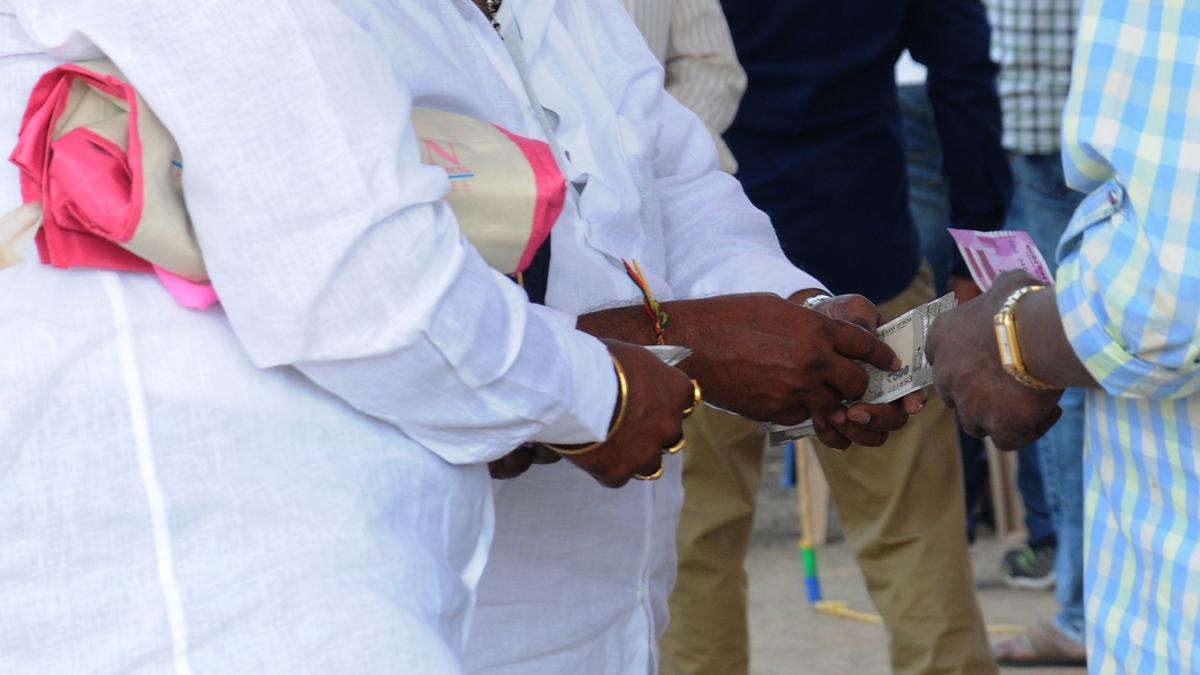Faced with accusations about the intent and timing of its arrest of Delhi Chief Minister Arvind Kejriwal ahead of the Lok Sabha election, the Enforcement Directorate (ED) told the Supreme Court on April 25 that arresting politicians who are “criminals” is not a blow against free and fair elections.
The Aam Aadmi Party (AAP) and the rest of the Opposition have accused the ED of being a “political wing of the [ruling] BJP”. The AAP claimed that the real intention behind the arrest of Mr. Kejriwal on March 21 was to prevent him from campaigning for the ongoing general election.

Politicians who are criminals cannot enjoy immunity from arrest merely because they are required to campaign in the election, the ED said in an 87-page affidavit.
‘No differential treatment’
“Treating a politician differently from an ordinary criminal in a matter of arrest would amount to arbitrary and irrational exercise of power of arrest which would violate the principle of equality enshrined under Article 14 of the Constitution,” the ED reasoned.
The Central agency said that the arrest of Mr. Kejriwal was based on material evidence which indicated that the Chief Minister was guilty of money laundering. “A differential treatment in favour of a politician who is guilty of the offence of money laundering would violate the rule of law, which would be a violation of the basic structure of the Constitution,” the ED noted.
‘Kejriwal did not cooperate’
It added that an “arrest is part of investigation”. An investigation, including arrest, is a field exclusively reserved for the investigating agency.
The ED said that Mr. Kejriwal had avoided the investigation, disobeyed nine summons, and was totally non-cooperative. He either did not cooperate or had given evasive answers to simple, non-incriminating questions during his interrogation on the date of the search, leading to his arrest.
“The accused by his own conduct contributed and aided the investigating officer regarding the existence of the necessity to arrest,” the ED said.
‘Remand orders unchallenged’
It claimed that except for the first order of remand on March 22, extending his custody till March 28, Mr. Kejriwal had not challenged later remand orders, and had expressly acquiesced to the orders issued on March 28 and April 1, remanding him to ED custody and judicial custody, respectively.
The AAP had reacted sharply to the ED affidavit, saying it proved that the Central agency had “become nothing but a machine for telling lies”. The party insisted that the ED did not have a shred of evidence against Mr. Kejriwal, and that there was no money trail linked to him.
“After the first phase of the [Lok Sabha] polls, the BJP is gripped by fear,” the AAP had said.

 1 week ago
120
1 week ago
120


